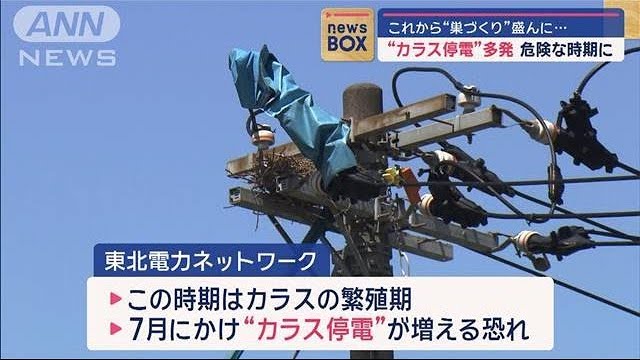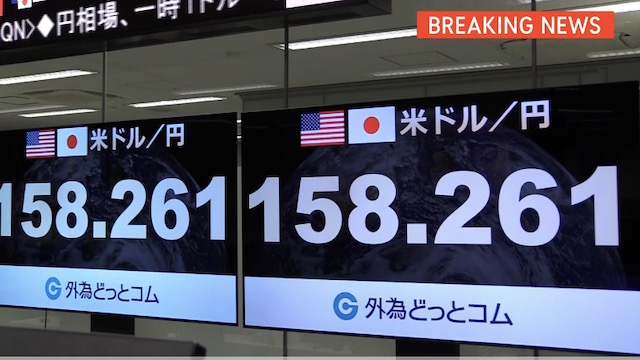Apr 03 (Japan Times) - Many major cities around the globe have implemented lockdowns, but Japan’s big cities such as Tokyo and Osaka have not yet followed suit. Because of that, a sense of crisis about the coronavirus pandemic among the public seems relatively low.
In New York, a ban on eating in restaurants and cafes was imposed March 16, yet within two weeks the rate of infection has soared and the city is now running short of hospital beds and ventilators. Japan should anticipate a similar shortage and quickly build a medical structure that can cope with an arduous fight against COVID-19.
First , public sentiment in Japan must change. Last week, Tokyo Gov. Yuriko Koike requested that residents stay home and avoid nonessential outings over the weekend. Despite the request, Tokyo’s major shopping districts such as Shibuya were crowded with people. At a Monday news conference, she asked that people also avoid going to nighttime entertainment establishments. On weekdays, Tokyo’s rush-hour trains are not as packed as before, but many commuters are still going to work as usual. If the authorities are expecting the outbreak to get worse, merely urging the public to refrain from going out is not an effective measure.
It’s true that the number of confirmed cases of infection in Japan is smaller than other major economies. As of Wednesday, South Korea had 9,887 confirmed cases while Japan as of Thursday had only 2,530. But it should also be noted that South Korea had tested far more people than Japan. By the end of March, South Korea had tested more than 410,000 people, while Japan has tested just over 34,500 as of Thursday. Therefore it’s unclear how much the virus has spread here. The number of confirmed cases doubled every 2.5 days between March 21 and Monday in Tokyo. As testing increases, so will the number of cases.
Given this dire situation, Japanese policymakers should change the current measures that require every person who tested positive to be hospitalized. Tokyo now has about 500 beds for patients with infectious diseases, and close to 400 are occupied. To secure enough beds for patients with severe symptoms, the government should create places to quarantine those who have mild symptoms or allow them to self-quarantine at home. Given the postponement of the Tokyo Olympics, the government should also consider utilizing the newly built Olympic-related facilities, such as the athletes village. In New York, Central Park was turned into a field hospital with white medical tents. Also, a massive naval hospital ship, the USNS Comfort, was brought into New York on Monday to accept non-COVID-19 patients to free up beds at local hospitals.









